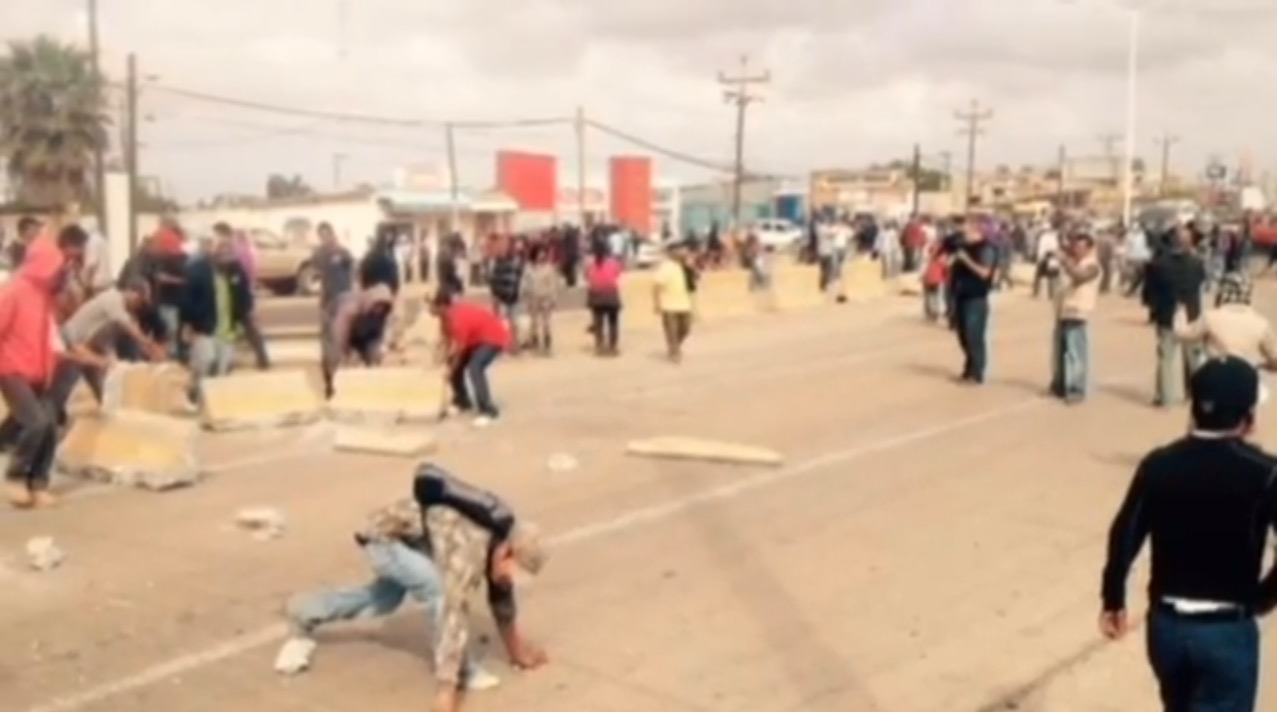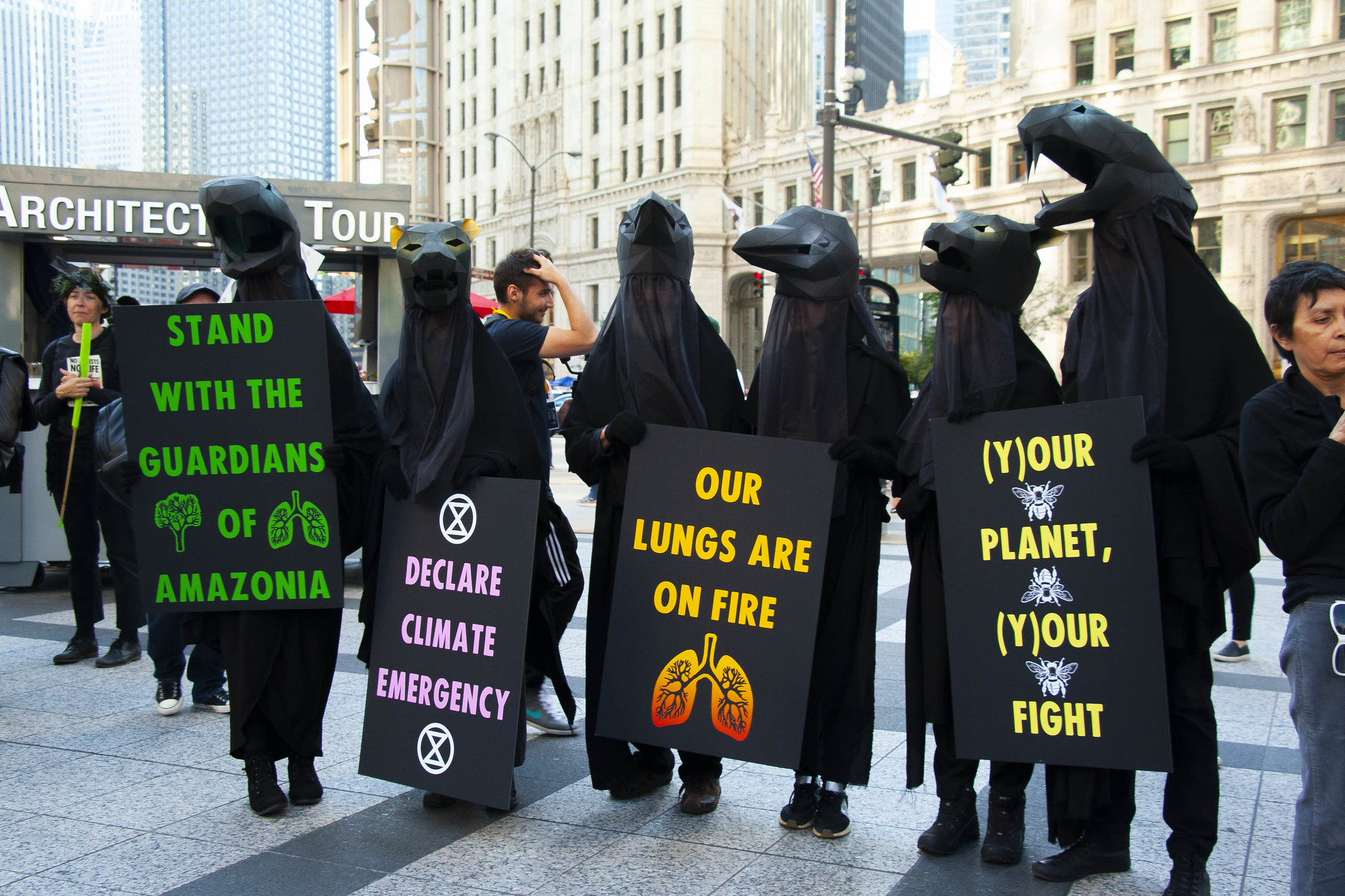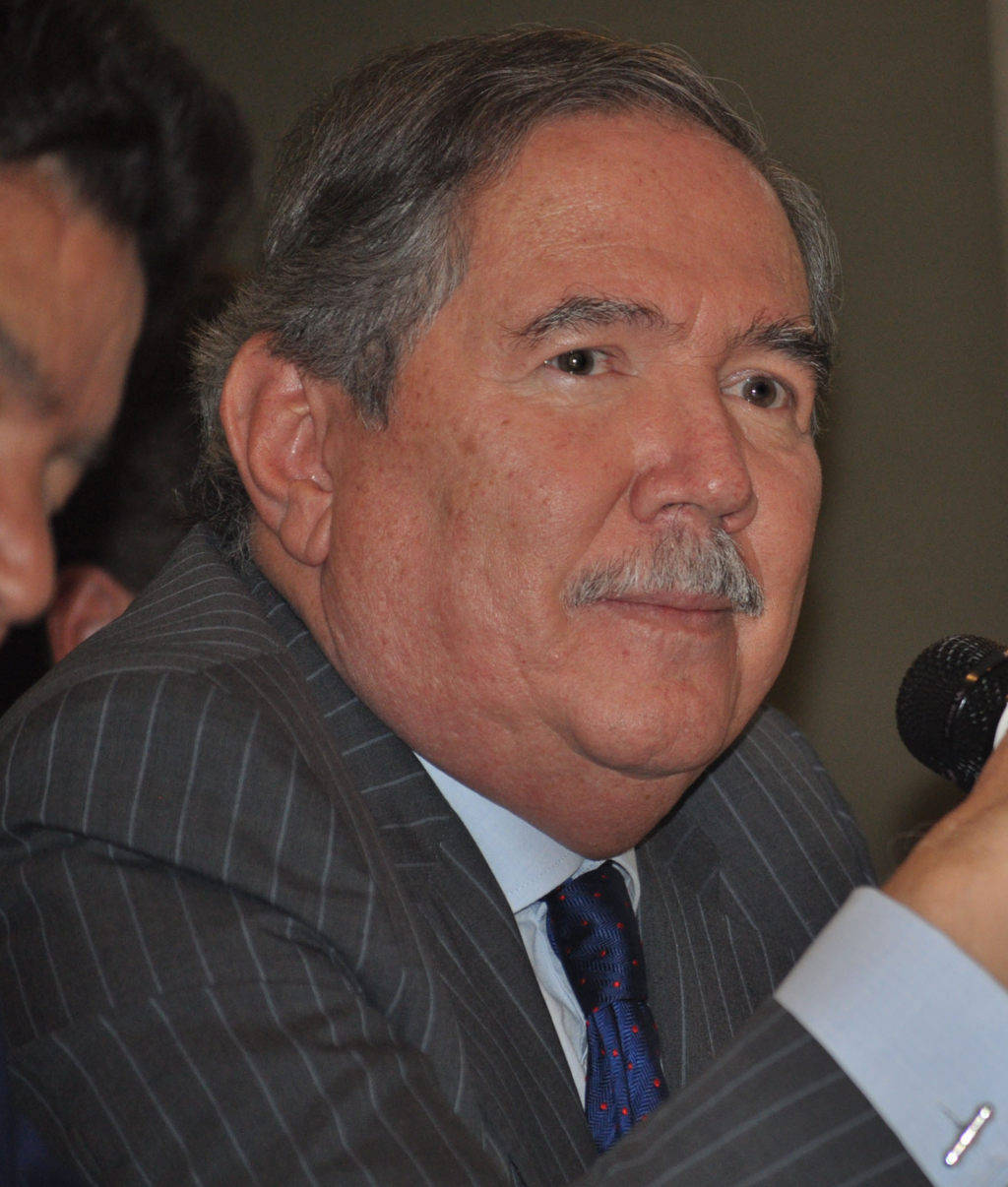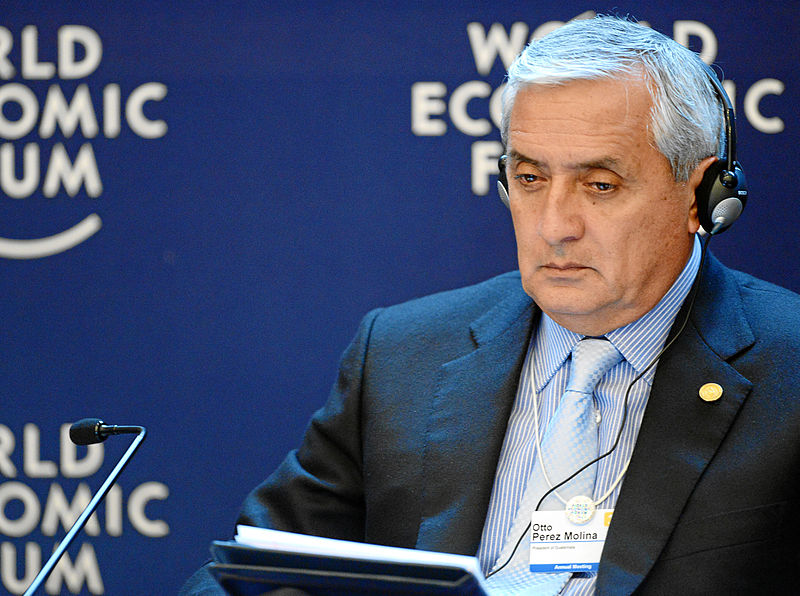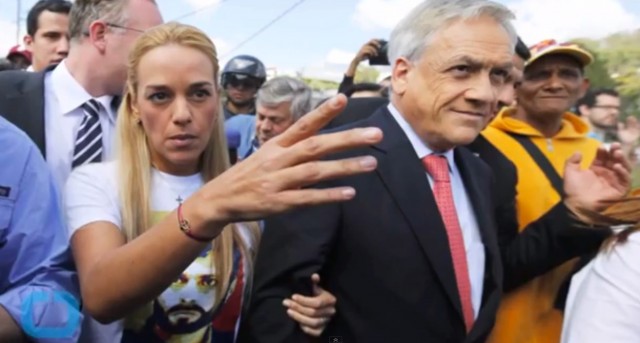
Andes, Latin America: Week in Review, Venezuela
Amid Renewed Protests, Venezuela Blocks Politicians’ Visit to Imprisoned Opposition Leader
January 26, 2015 By Staff
Top Story — As the Venezuelan opposition attempts to revive protests of President Nicolás Maduro’s administration, the former presidents of Colombia and Chile were blocked from visiting opposition leader Leopoldo López in Venezuela’s Ramo Verde prison on Sunday. López has been under arrest for almost a year over his role in anti-government protests last spring.
Sebastián Piñera, the former president of Chile, and Andrés Pastrana, the former president of Colombia spoke to reporters outside Ramo Verde prison after being denied entry by guards. They were accompanied by López’s wife, Lilian Tintori, and said that López’s right to be visited by family and friends was being violated.
“Leopoldo López is a politician,” Piñera told the gathered reporters. “One can disagree with his ideas, but that does not provide the right to deprive him of his freedom.”
“A president does not need official authorization to visit a political prisoner,” Pastrana said, speaking about the Venezuelan government’s decision to block their visit.
The former presidents’ attempted visit comes as thousands marched in the streets of Caracas on Saturday to protest the policies enacted by Maduro’s administration, blaming the president for the current economic crisis that has been exacerbated in no small part by a sharp decline in global oil prices.
Former Mexican President Felipe Calderón reportedly joined Piñera and Pastrana on the trip to Caracas over the weekend, to attend a pro-democracy event organized by opponents of Maduro.
Maduro, in turn, said Friday that the three former Latin American presidents would have “blood on their hands” for supporting the opposition.
“You should be worried about the crisis in your countries,” Maduro told supporters at a rally on Friday, “and not stick your stinking noses into the affairs of the Venezuelan people.”
Headlines from the Western Hemisphere
North America
- Two students who survived the attack on members of the Ayotzinapa teachers’ college in Guerrero state last September shared their story with The Guardian, and criticized the Mexican army and police for their reported involvement.
- Meanwhile, the case of the 43 disappeared students continues to generate international scrutiny, with the U.N. set to examine the issue of forced disappearances in Mexico.
- Father Richard Estrada has been a liberal priest and advocate for immigrant rights for decades, and the Los Angeles Times profiles his life’s work and thoughts on the recent influx of immigrants across the border.
Caribbean
- A U.S. diplomat in Cuba for diplomatic talks aggravated the Cuban government after meeting Friday with a group of dissidents, a move the government viewed as unwanted meddling in national affairs.
- Haiti installed a provisional electoral council on Friday in preparation for long-overdue legislative and municipal elections, and mere hours before a U.N. delegation arrived in Port-au-Prince on a three-day mission.
- Several Caribbean nations are seeking alternatives to reliance on oil from Venezuela as the country’s economy continues to suffer from falling oil prices.
Central America
- Honduran President Juan Orlando Hernández announced a sharp drop in Honduras’ homicide rate and defended a controversial new police force in his report to Congress on Sunday.
Andes
- Ecuador is set to become the first foreign country to buy a 30-second ad during the Super Bowl, which the government paid $3.8 million for and will promote the country’s tourism industry.
- Colombia is further investigating 3,000 crimes committed against human rights defenders in the country since 2006 in an effort to assess the situation facing human rights workers, indigenous peoples and political victims.
- Bolivians celebrated with marches and dances the return of Ekeko, a 2,000-year-old icon of the god of prosperity that had been in Swiss museum for over 150 years.
Southern Cone
- Damian Pachter, the reporter who broke the news of Argentine prosecutor Alberto Nisman’s death via Twitter, has fled to Israel, citing unspecified threats against his life based on his reporting in an op-ed for the Israeli daily Haaretz.
- For its part, the government of Argentine President Cristina Fernández has detailed its theory that Nisman’s accusations were largely influenced by offerings from an embittered intelligence official ousted in December, a narrative the administration is likely to continue to push as it faces major questions that could derail the final year of Fernández’s presidency.
- Rio de Janeiro will be unable to clean up the notoriously polluted Guanabara Bay in time for the 2016 Olympics, when it will be used in sailing and windsurfing competitions, an environmental official admitted Friday.
Image: YouTube
Subscribe to Today in Latin America by Email
